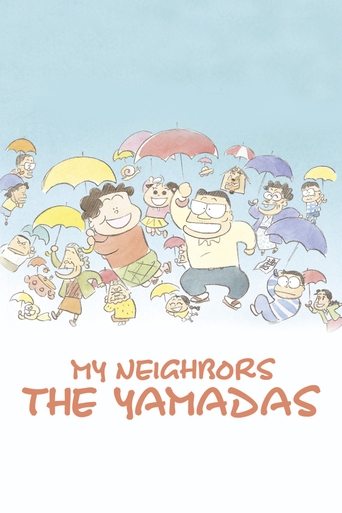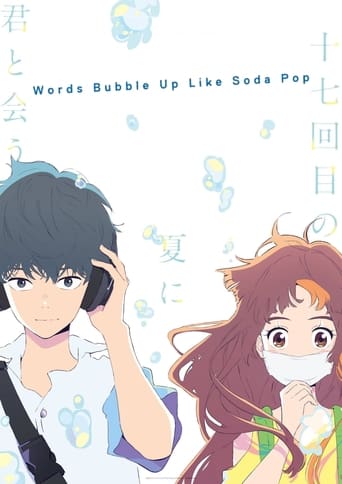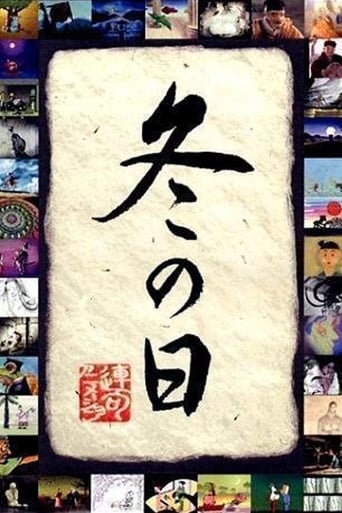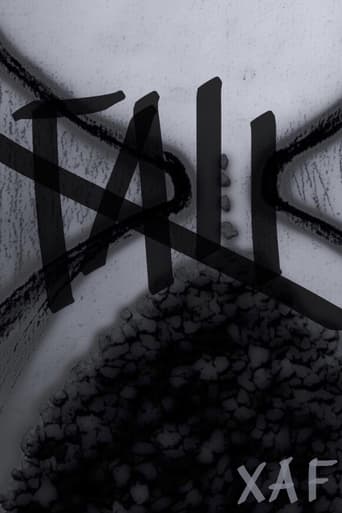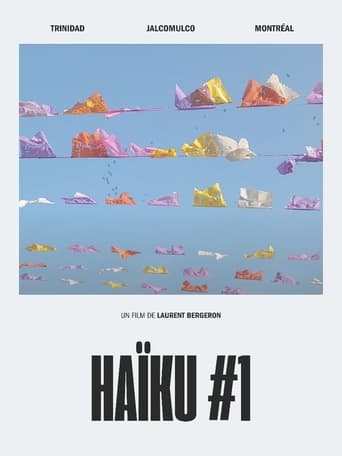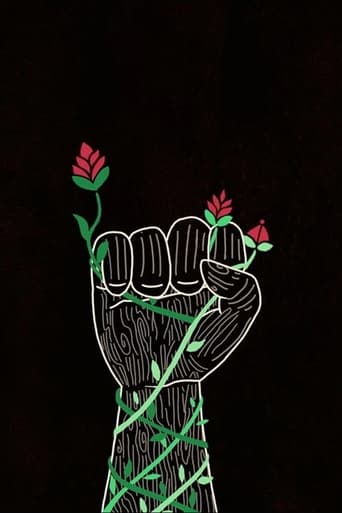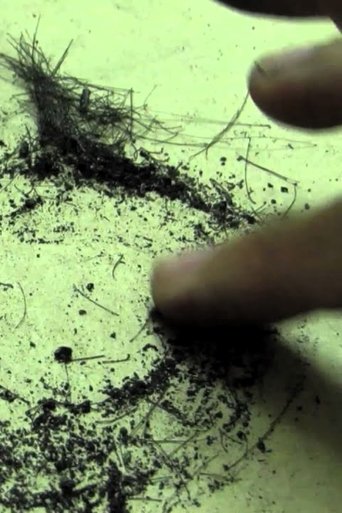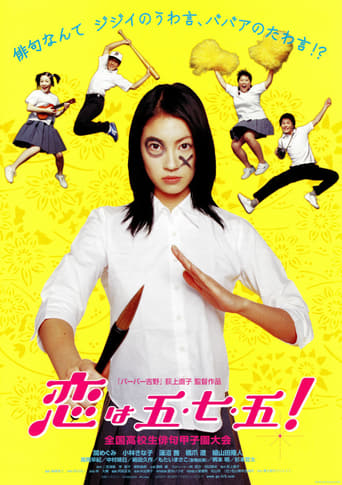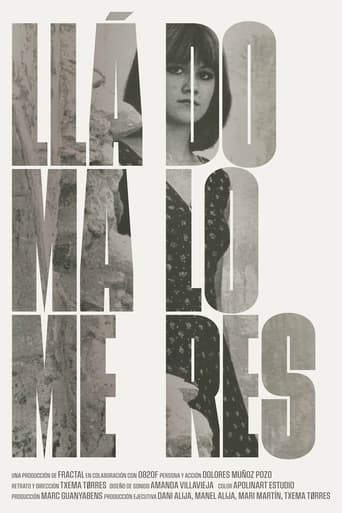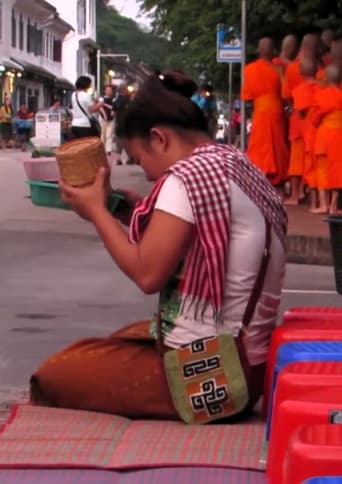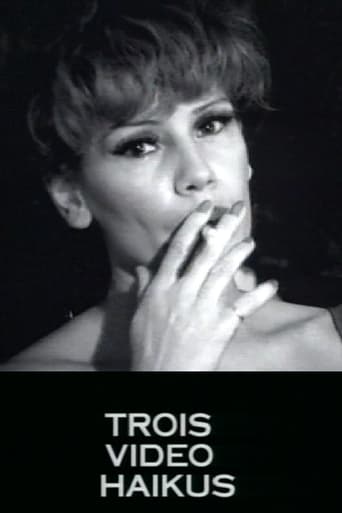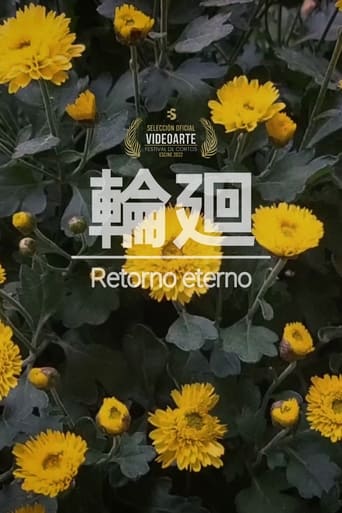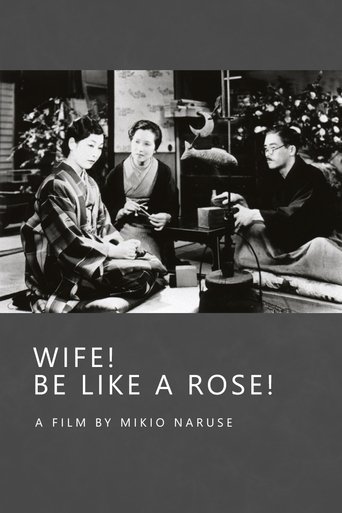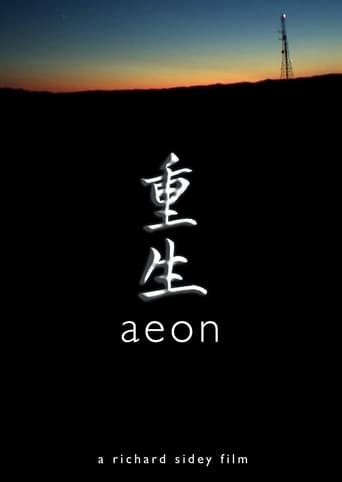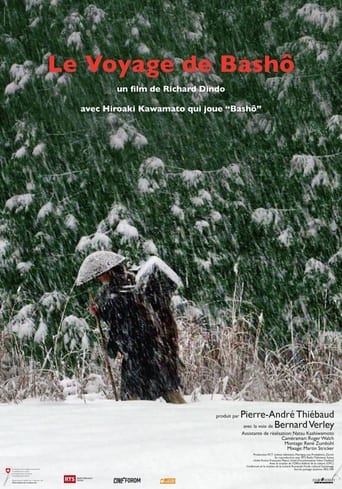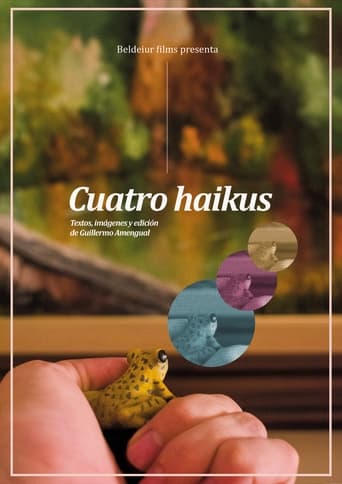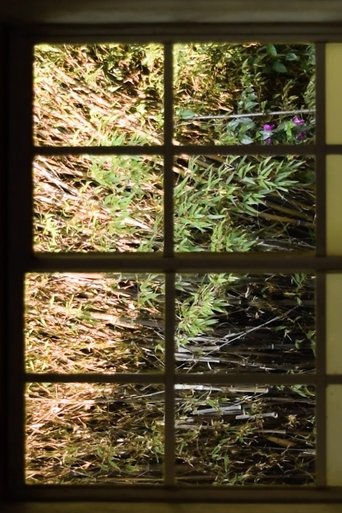A collection of three short 'haiku videos' by Chris Marker. The first haiku, 'Yanka / Tchaika', shows the river Seine passing under a bridge. A bird in flight stays motionless in the air. The second haiku, 'Owl Gets in Your Eyes', shows Catherine Belkhodja smoking a cigarette while a superimposed shot of an owl in flight fades in and out over her face. The third haiku is a tribute to the Lumière brothers. In an homage to their style, Marker documents an event of daily life in only a minute, choosing to film work on the Petite Centure (a Parisian railway) in May 1994. Due to the work, no train actually passes and we are simply shown desolate train tracks, making the haiku a dry parody of 'L'Arrivée d'un train en gare de La Ciotat'.
